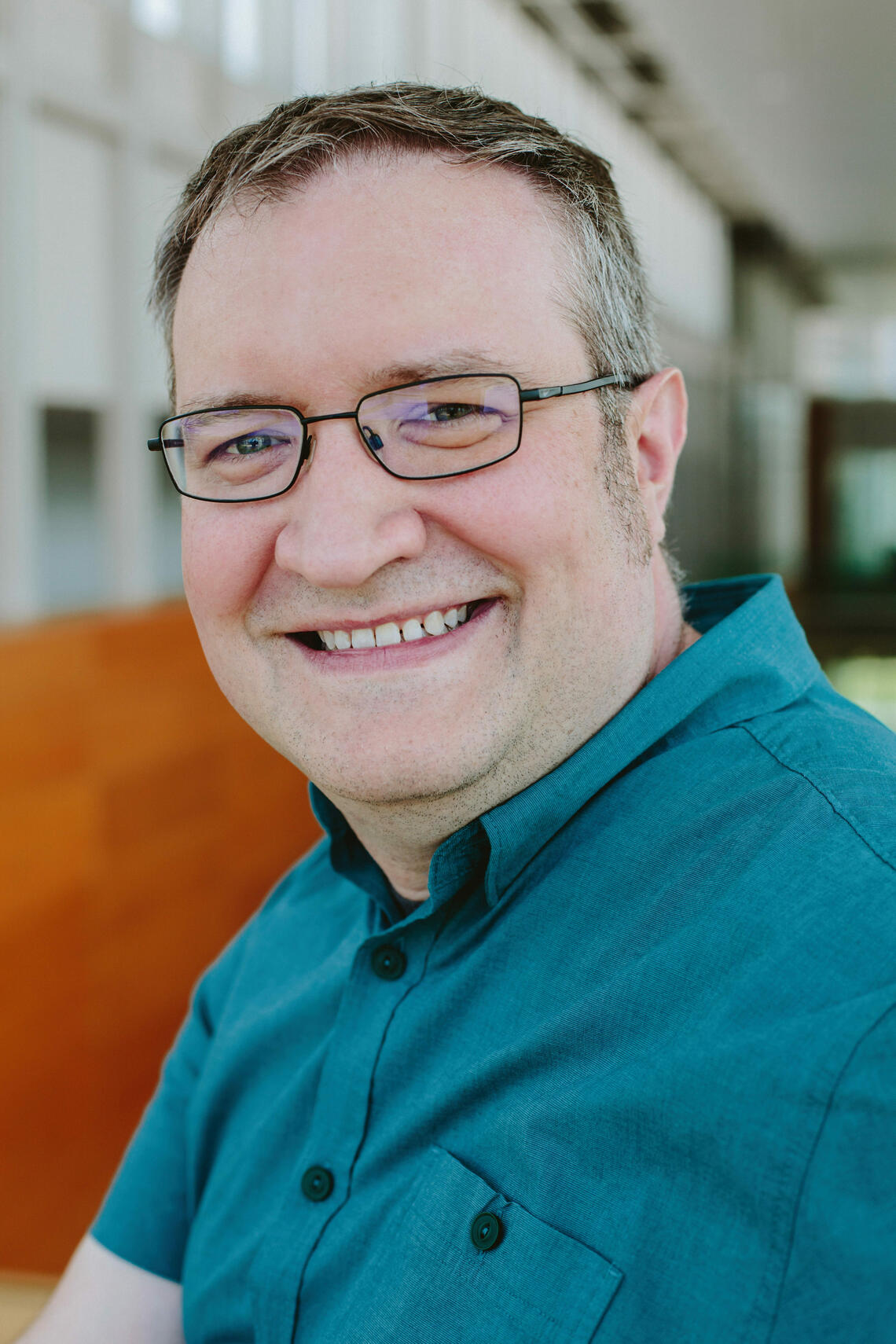Sept. 25, 2024
Teach me something

When I think about how course instructors can support academic integrity in their classes, I think of the joy and meaning we can find in our work. It's easier to demonstrate integrity when you're excited about the topic and interested in doing the work.
There are always mitigating factors like time, workload and skills. But when students enjoy an assignment and they see the purpose of it — both pedagogically and practically — they're much more likely to show academic integrity as shown in this 2023 University Affairs article "Students and academic misconduct: why it happens and possible solutions".

Dr. Tyson Kendon, PhD, is a learning technologies specialist at the Taylor Institute for Teaching and Learning.
Mike Tan
When I was teaching as a sessional instructor in a Computer Information Systems program, I was assigned a course in system administration just a day or two before the semester started. The first assignment I was handed was a gruelling set of questions for calculating Internet addresses. The students were not excited, I was not excited — and honestly out of practice — and I felt like the assignment didn't align well with the outcomes for new system administrators. You do have to know how to do those calculations, there are calculators for them online, which you regularly use as a professional, and my students knew that.
Feeling that the first assignment was wrong, but running out of time, I challenged the students to teach me something. One thing system administrators have to do is teach people how to use the systems they manage, so this wasn't totally out of the blue, but it was unusual for a system administration course. The topic and the format were open — students could write something, draw a comic, make a podcast, or film a video but most importantly, they could teach me what they cared about.
The student response was great. It took us a little while to establish trust since this was a strange assignment, but the quality of submissions was high. Some students needed a little help to brainstorm a topic or to pick a format, but they were interested and excited.
I learned how to cook eggs, how to use an auto supplier's parts management tool, how to clean a gun safely, how to do a hockey stop, the rules of volleyball, how to change a tire, how to swim and how to make a Whiskey Old-Fashioned (at least three different ways). Oh, and also several system administration things as well.
Two things stand out for me from that experience. The first was completion rates, I think every student submitted their assignment more or less on time. The second was the tone of that class after the first assignment. Students were engaged in their own learning and my teaching, and we were able discuss learning activities — like when we returned to address calculations — because they'd spent time thinking about learning and teaching.
So, when I think about academic integrity, that assignment comes to mind because it was an instance where the students took ownership of their work and their learning, demonstrated integrity in finding and using real sources for their work, enjoyed the process and felt as though it was being done with purpose.
The openness of the assessment, the trust we shared, and letting them own the work they did was a real source of our success. I had some advantages that made this assignment a little easier to give, including a small class size and a tight cohort of students but this is still the assignment I feel happiest about having assigned. Given the way this assignment connects with the academic integrity concepts Loleen Berdahl and Susan Bens outline in their article, I'm glad I panicked and chose a joyful assignment
Dr. Tyson Kendon, PhD, is a learning technologies specialist with the Taylor Institute for Teaching and Learning. He will be co-teaching a session on Artificial Intelligence, Academic Integrity and Teaching and Learning alongside Lorelei Anselmo for Academic Integrity Week, October 14 – 18, 2024.
For more information, taylorinstitute.ucalgary.ca/series-and-events/integrity-week.
